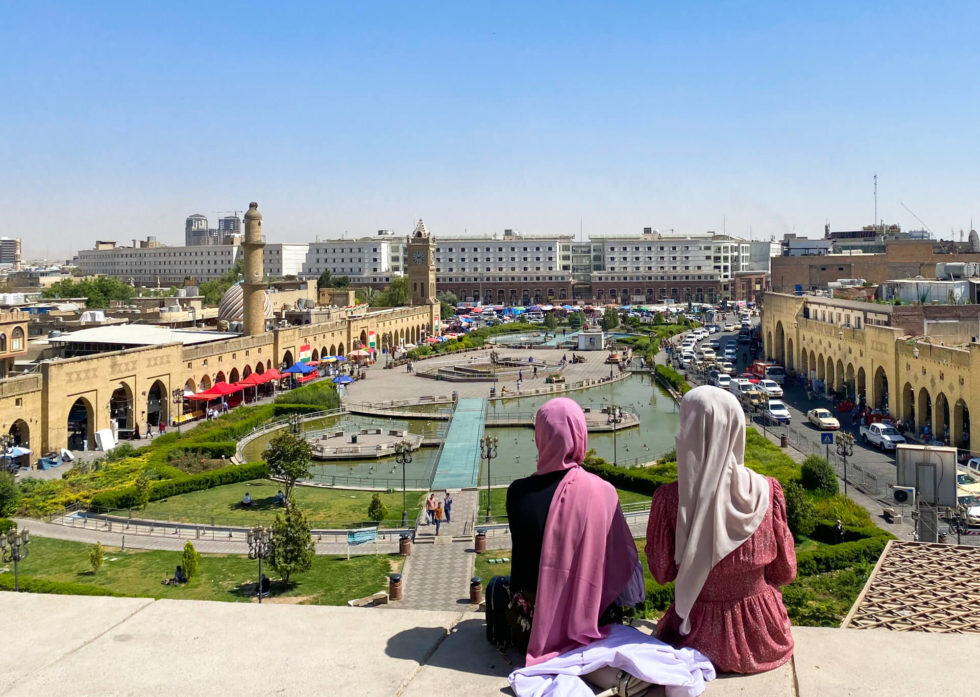Iranians top list of pilgrimage tourists to Iraq

TEHRAN - Iranians remain the largest group of religious tourists visiting Iraq, particularly to the holy city of Karbala.
“Iranians rank first among inbound tourists to Iraq, especially during the Arbaeen pilgrimage, followed by visitors from Saudi Arabia, Oman, Bahrain, European countries, and the Gulf states,” ILNA news agency quoted the head of Karbala’s tourism organization as saying on Saturday.
The official, according to ILNA, emphasized that Karbala offers more than religious attractions, citing recreational and historical sites such as Khan al-Atshan and Khan Nakhila, which, with active cooperation from Iranian tourism stakeholders, could develop into broader tourist destinations.
Talking on medical tourism, for which Iran has traditionally been a main destination for Iraqi nationals, the official added that currently many Iraqi medical tourists are increasingly opting for Turkey and India over Iran due to cost concerns.
Nearly 8 million Iranians traveled to Iraq last year for pilgrimage to the sacred Shia sites, compared with 3.5 million Iraqis who visited Iran, the Iranian news agency said.
Over the past couple of years Iran has made efforts to balance inbound and outbound tourism with Iraq, aiming to reach an annual exchange of 10 million tourists between the two countries.
A key challenge lies in Iraqi pilgrim visits to Iran and their access to medical tourism services. “Iraqis traveling to Mashhad for the shrine of Imam Reza (A.S.) must pay around $100 for a one-way ticket and some $300 for return, which is prohibitively expensive,” the Iraqi official said, urging Iranian authorities to regulate flight ticket pricing.
He further criticized the high costs of medical services in Iran for Iraqi medical tourists, noting many pay exorbitant fees for treatments in Tehran and Mashhad. “Companies in Turkey and India now offer much cheaper and reasonable medical services to Iraqi patients,” he said.
He recommended establishing a formal Iran-Iraq health tourism company to provide affordable and regulated medical services to Iraqi visitors, preventing the loss of these tourists to competing countries.
AM
